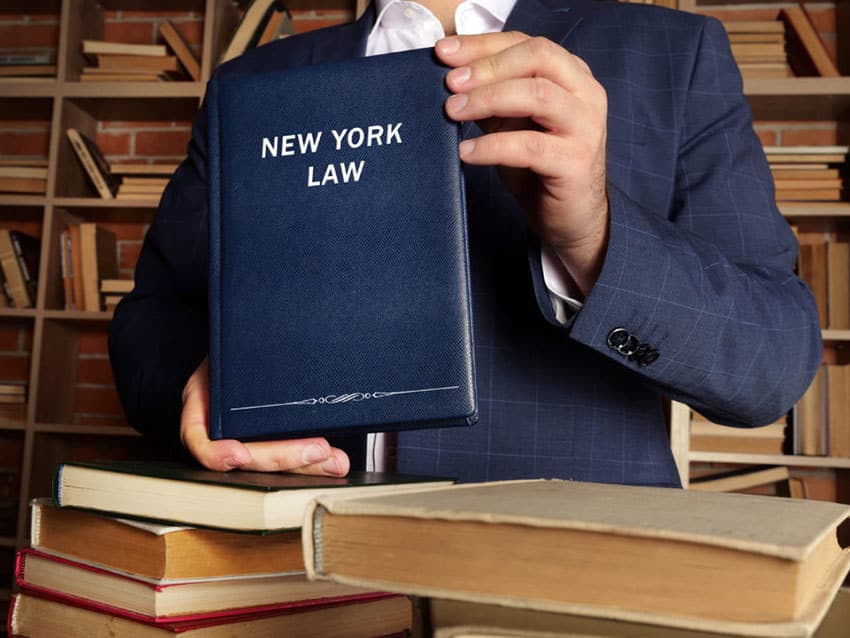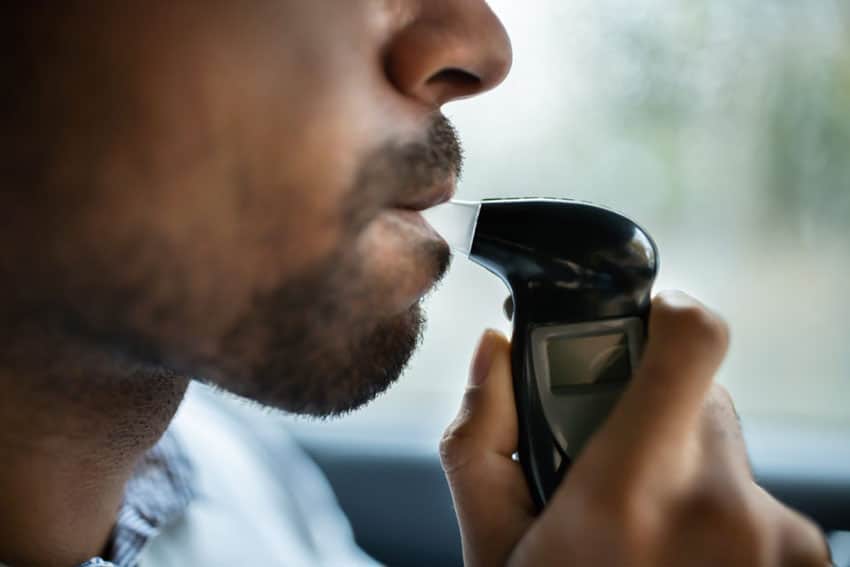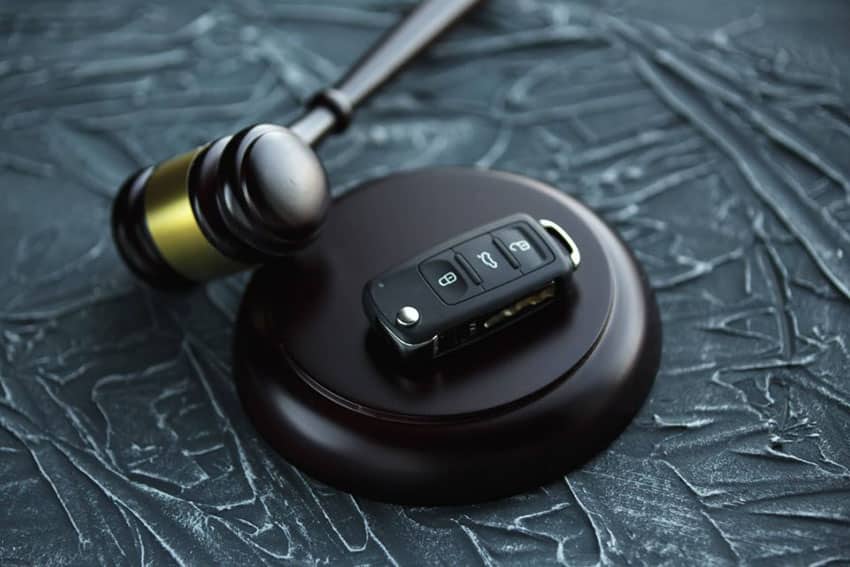Individuals charged with a DWI face a whole host of ramifications and consequences. However, many people are understandably concerned about the effects upon their driver’s license due to being charged and/or convicted of DWI.
Post-Arrest:
Immediately after your arrest for DWI, your full driver’s license remains valid until you have been arraigned before the Court. Depending on the charges you are facing, and where you have been arrested, it may be only a few hours before you are arraigned, or it may take weeks.
Post-Arraignment:
If you refuse to provide any sample to law enforcement to determine your blood alcohol content (and thus have been charged solely with DWI common law), your driver’s license will be revoked for fifteen (15) days following your arraignment. Following those fifteen (15) days, your full driver’s license will be reinstated until a virtual refusal hearing is held by the New York State Department of Motor Vehicles. If you lose the refusal hearing held by the DMV, your driver’s license will be revoked for a period of one (1) year following the date of the hearing.
If you are charged with DWI Per Se, your driver’s license will be suspended pending prosecution following arraignment if the Court has a certified breath record showing a blood alcohol content of .08% or greater. In some cases, your attorney may request a Pringle hearing and seek to challenge the accuracy of the blood alcohol content determination. If your attorney requests a Pringle hearing, your full driver’s license will remain intact until such a hearing is held. However, most often, your attorney will not request a Pringle hearing but will instead request that the Court grant you a hardship license. The hardship license allows the holder to drive to and from work, school, medical appointments, and court. After thirty (30) days, a hardship license holder is eligible for a pre-conviction conditional license, which allows the holder to drive for work, medical appointments, school, court, the DMV, and a three (3) hour window on a day of their choosing for unlimited driving privileges. The pre-conviction conditional license will last until the case has been resolved.
Post-Conviction:
If you refuse to provide any sample to law enforcement to determine your blood alcohol content (and thus have been charged solely with DWI common law), your driver’s license will be revoked for one (1) year following your refusal hearing through the DMV if the refusal hearing is lost. This one (1) year revocation will remain in place regardless of whether you are ever convicted of DWI or DWAI. However, if you are ultimately convicted of DWI or DWAI, the one (1) year revocation imposed by the DMV will be in addition to any term of license suspension or revocation imposed by the Court as a result of your conviction.
If you are convicted of DWI Per Se, your pre-conviction conditional license expires upon sentencing. Your attorney may then request a twenty (20) day stay, during which you will have full driving privileges. Following the twenty (20) days, you will be eligible for a post-conviction conditional license, which carries the same driving privileges as the pre-conviction conditional license. The post-conviction conditional license will last for the duration of the revocation or suspension of your driver’s license by the Court, or for however long it takes you to complete the Impaired Driver Program through the DMV, whichever is shorter. Thus, even if your license is suspended or revoked by the Court for an extended period of time, in the event that you quickly complete the Impaired Driver Program through the DMV, your full driver’s license will be reinstated upon completion.
Summary:
There are a wide array of consequences and ramifications for an individual’s driving privileges when facing a DWI charge. It is important to hire an attorney who is experienced in handling DWI and DWAI cases in order to help guide you through the process, inform you of the options available to you, and obtain the best possible result in your case.











